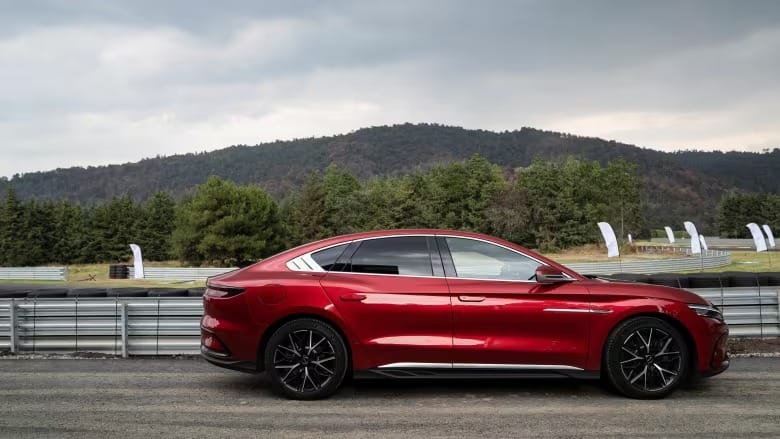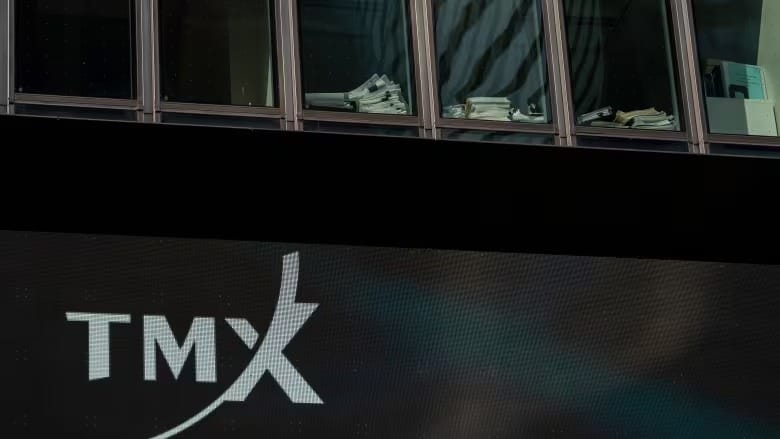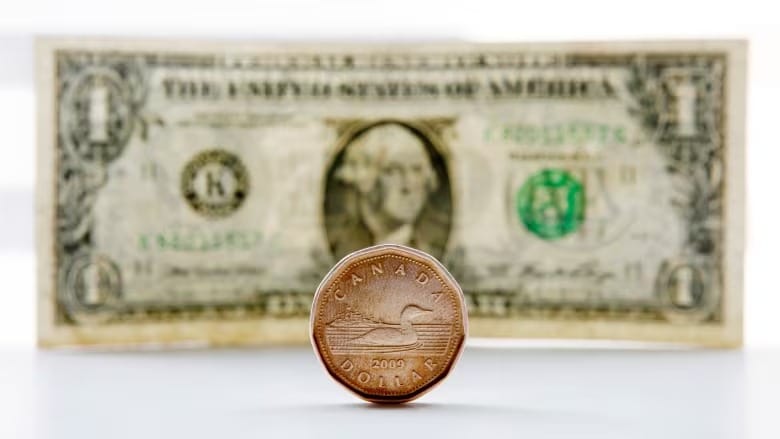Why politicians and industry groups are calling Mexico a 'backdoor' for Chinese EV automakers
Concern growing that China is using Mexico to circumvent tariffs from U.S., Canada

Political leaders and auto industry groups in the U.S. and Canada are increasingly raising concerns about Mexico becoming a hub for Chinese automakers seeking to evade North American tariffs. Ontario Premier Doug Ford recently proposed removing Mexico from the Canada-United States-Mexico Agreement (CUSMA), the trade pact set for review in 2026.
Ford argued that Mexico has become a "backdoor" for Chinese auto manufacturers, alleging that the country allows Chinese companies to establish operations to bypass tariffs enforced by the U.S. and Canada. These tariffs, imposed earlier this year, target Chinese electric vehicles, steel, and aluminum in an effort to strengthen domestic industries. Critics argue that Mexico's decision not to align with these tariffs undermines North American trade solidarity.
Ford’s remarks reflect growing concerns in Washington, where it is believed that Chinese companies are intensifying efforts to penetrate the North American market. Flavio Volpe, president of the Automotive Parts Manufacturers' Association, noted that this issue has gained traction among policymakers, suggesting China is using Mexico to navigate trade barriers.
Shipping data underscores the concern, with a 60% increase in Chinese container exports to Mexico in January 2024 compared to the previous year. Analysts speculate this growth could indicate efforts by China to use Mexico as a conduit to avoid U.S. and Canadian tariffs.
Tariff loopholes and the "backdoor" debate
Under CUSMA, duty-free exports must include at least 75% North American content for vehicles and core auto parts, with additional wage requirements. However, experts warn of “transshipment,” where Chinese materials are processed minimally in Mexico to meet trade agreement standards, effectively bypassing tariffs.
Dimitry Anastakis, a Canadian business history professor, described this practice as a way for companies to present products as "made in Mexico" while incorporating minimal North American content. He warned this approach could erode the protections built into the trade agreement, particularly for industries in the U.S. and Canada.
Juan Carlos Baker Pineda, Mexico’s former vice-minister for external trade, acknowledged the discomfort some countries feel about Chinese materials entering Mexico but stated that such practices align with international trade laws.
Calls for action
Some lawmakers and industry groups have urged the U.S. and Canada to block auto parts originating from China through Mexico, citing potential risks to domestic manufacturing. Volpe explained that even small percentages of Chinese components could displace significant local production and workforce investments in North America.
A recent report by the Wilson Center highlighted a surge in Chinese companies setting up operations in Mexico, with exports to the country growing significantly. While Chinese foreign direct investment in North America remains smaller than that of the U.S., analysts caution against its rapid expansion.
Chinese automakers’ presence in Mexico
Major Chinese companies, including BYD, Chery, and SAIC, are exploring opportunities to establish manufacturing plants in Mexico, often seeking state-level incentives. Federal officials in Mexico, however, have resisted offering support, partly due to U.S. pressure. Additionally, Chinese suppliers are positioning themselves near Monterrey, anticipating potential collaborations with Tesla’s future projects.
Elon Musk has delayed plans for a Tesla Gigafactory in Mexico, citing uncertainty over trade policies under a possible new Trump administration. Experts suggest political instability and market fluctuations are causing automakers to proceed cautiously, slowing investments in electric vehicle production.
Anastakis noted that the auto industry values stability, adding, “Uncertainty and disruption could lead manufacturers to scale back, impacting growth and supply chains across the continent.”





